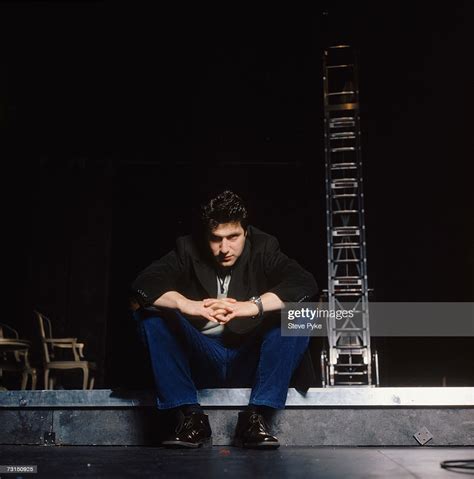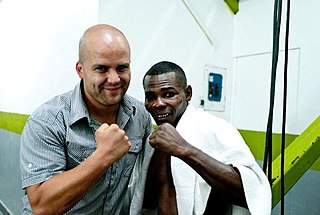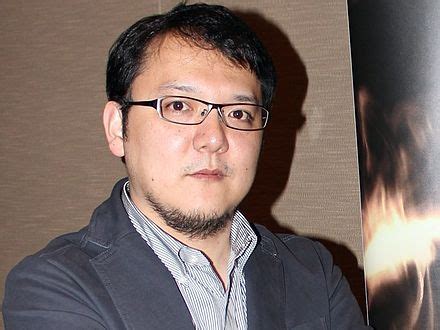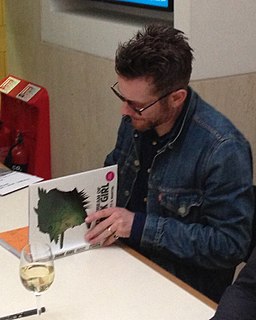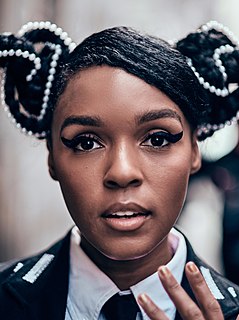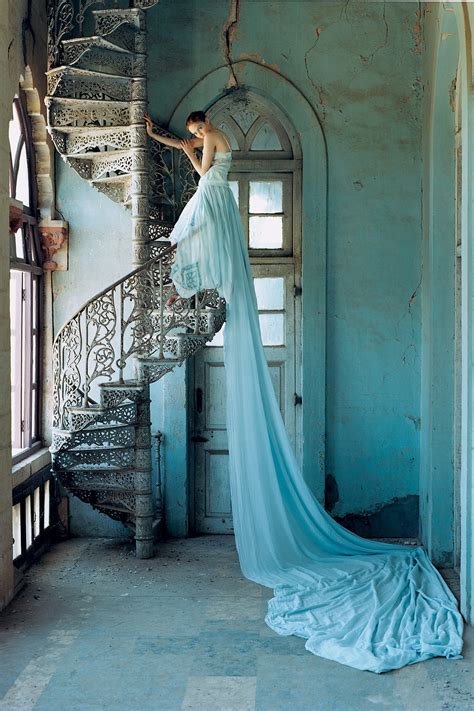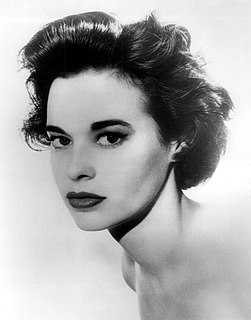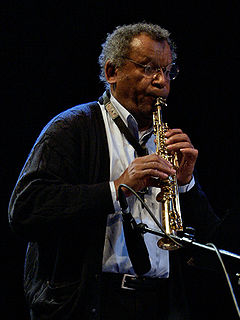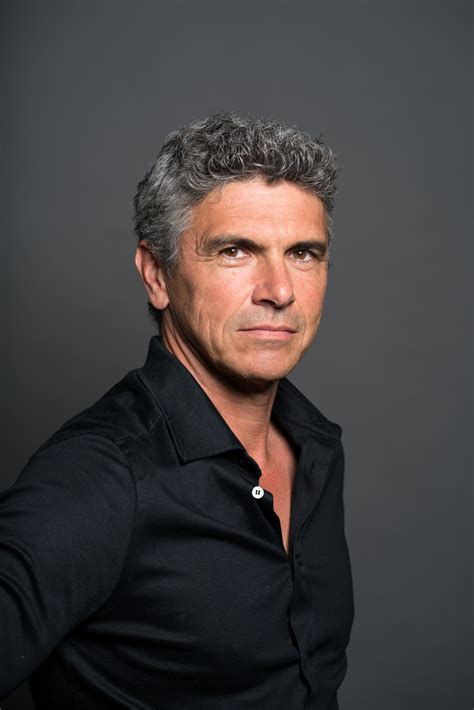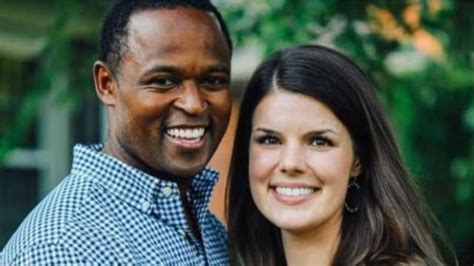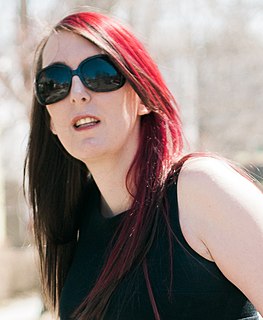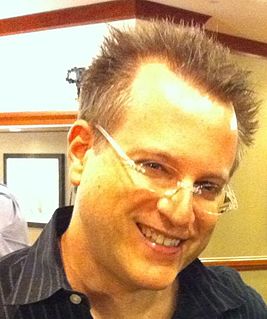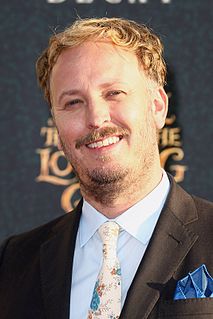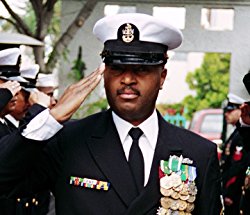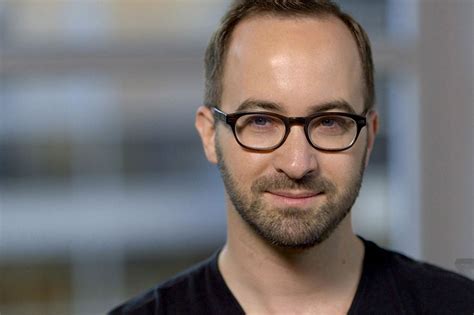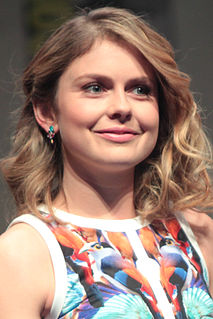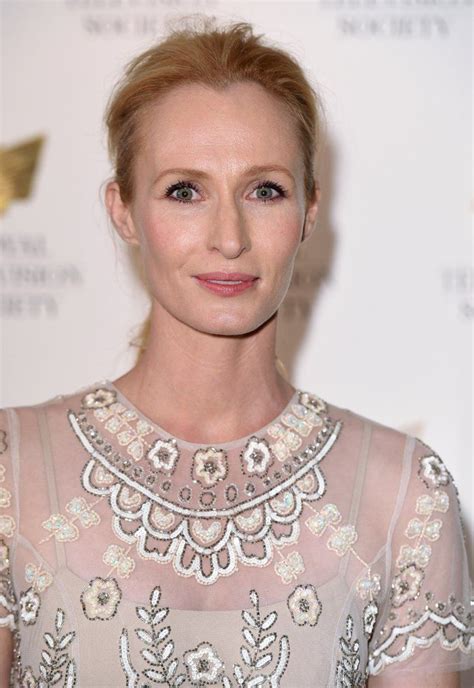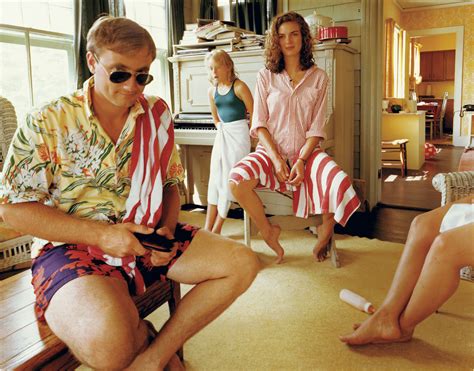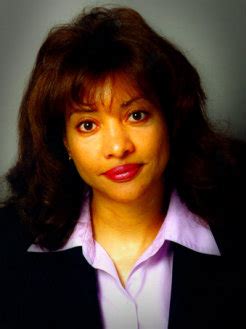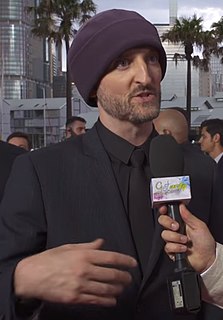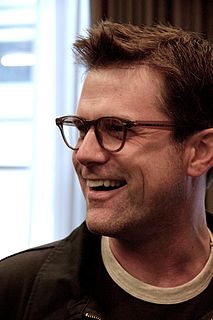Top 1200 Narrative Quotes & Sayings - Page 19
Explore popular Narrative quotes.
Last updated on November 10, 2024.
I had never thought that I would be involved in narrative structures. As a young guy, I was more interested in abstract modeling. But as I got older, I began to see that there was no reason to limit myself to any intellectual or conceptual postulate, when in fact I'm a professional student of music.
In terms of a narrative nonfiction book, when you're describing scenes that you have multiple sources for, and that you have differing sources for, and you decide to choose a path that puts all that information together, well yeah, there's definitely going to be a little bit of the author in that. But there's nothing wrong with that.
As a writer, I find it a literal impossibility to disengage from whatever the location might be, given how everything that eventually transpires as part of the ongoing narrative is informed by it. In other words, try relocating the stories elsewhere, and what's the effect? They almost immediately cease to exist.
There is commerciality in storytelling, even in a film or a piece of literature. These things exist. That's why stories came to be: to hold attention and, while you're not looking, you'll get hopefully some nutritional value that the author has been working up. That's narrative; that's passing stuff down.
I say 'spectacle' rather than 'story' because in the end, it isn't the intricacies of narrative that draw us to horror films. When it's there, I'm grateful for the director's skill at telling an exquisitely nuanced tale filled with psychological insight, but it is the spectacles that I take home with me.
